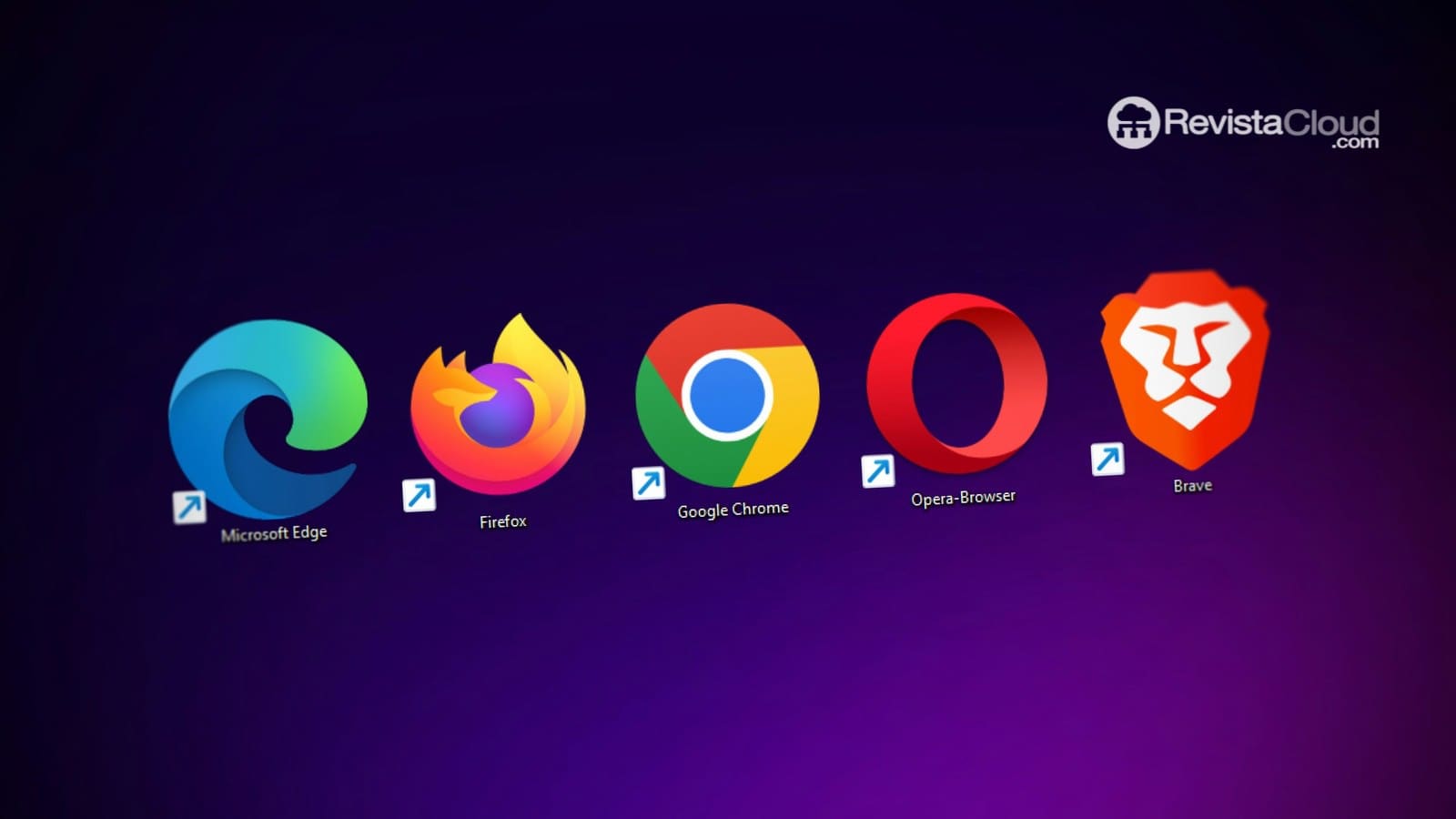A coalition of browser developers, including Opera, Vivaldi, Google Chrome, Wavebox, and Waterfox, has launched the Browser Choice Alliance to ensure consumers’ right to choose and use their preferred browser on Windows devices without interference or restrictions. The group accuses Microsoft of implementing tactics that undermine competition and make it difficult for users to install and set up alternative browsers to the default Edge. The coalition urges the European Commission and other global regulatory bodies to intervene to protect consumer rights and promote fair competition in the browser ecosystem.
The Browser Choice Alliance is calling for Microsoft Edge to be designated as a “gatekeeper” under the Digital Markets Act (DMA), a classification that comes with additional responsibilities to ensure compliance with competition and platform neutrality in the digital space. According to the coalition, Windows’ dominance, holding over 70% of the global desktop operating system market, enables Microsoft to implement strategies that harm its competitors. In July 2024, Opera filed an appeal against the European Commission’s decision not to classify Microsoft Edge as a “gatekeeper.” This effort follows an open letter issued by Vivaldi in 2023 and public support from other browsers, along with increasing media coverage of Microsoft’s restrictive practices.
According to the Browser Choice Alliance, Microsoft resorts to “dark patterns” and technical barriers that complicate the choice of alternative browsers. Among the highlighted tactics are: obstacles to downloading and installing browsers other than Edge; automatic resetting of Edge as the default browser after Windows updates; forcing links to open in Edge from applications like Teams and Outlook; and coercive messages encouraging users to “restore Microsoft recommended settings.” Jon von Tetzchner, CEO and co-founder of Vivaldi, stated: “Independent browsers cannot compete on a level playing field when Edge is so obviously favored on Windows. Regulators must urgently intervene.”
Browsers are a crucial gateway to the internet and key services, such as productivity tools and artificial intelligence. Ensuring fair competition in this space is essential for fostering innovation and providing real choices for users. Susan Davies, co-founder of Wavebox, emphasized: “Microsoft’s tactics constantly undermine user preferences, such as automatically opening links in Edge or reverting default settings after updates.” Meanwhile, Alex Kontos, founder of Waterfox, added: “Microsoft’s practices make it difficult for privacy-conscious users to discover alternative browsers like Waterfox. This limits freedom of choice and goes against the fundamental principles of the web: openness, competition, and user empowerment.”
The Browser Choice Alliance argues that effective regulation, such as that enforced by the Digital Markets Act, is necessary to prevent abuses of power in the digital ecosystem. Additionally, it urges consumers and businesses to support alternative browsers that promote open and equitable access to the internet. This movement adds to the growing debate on the need to regulate major tech platforms and ensure they respect user rights and competition rules in an increasingly interconnected and digitally dependent environment.

